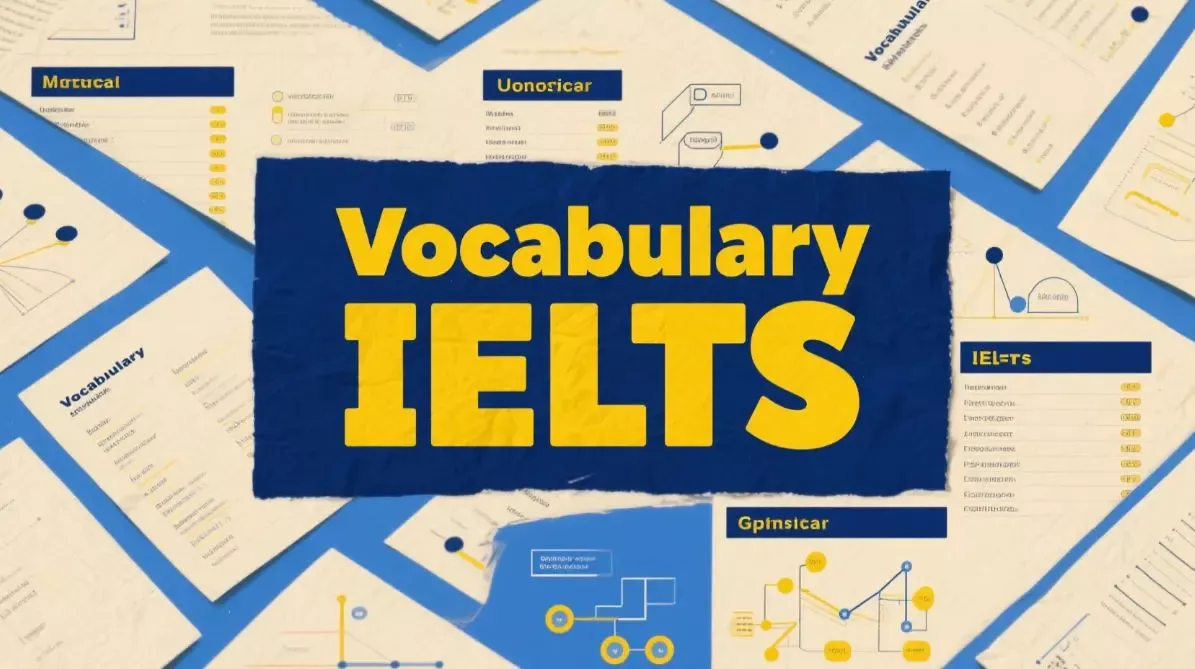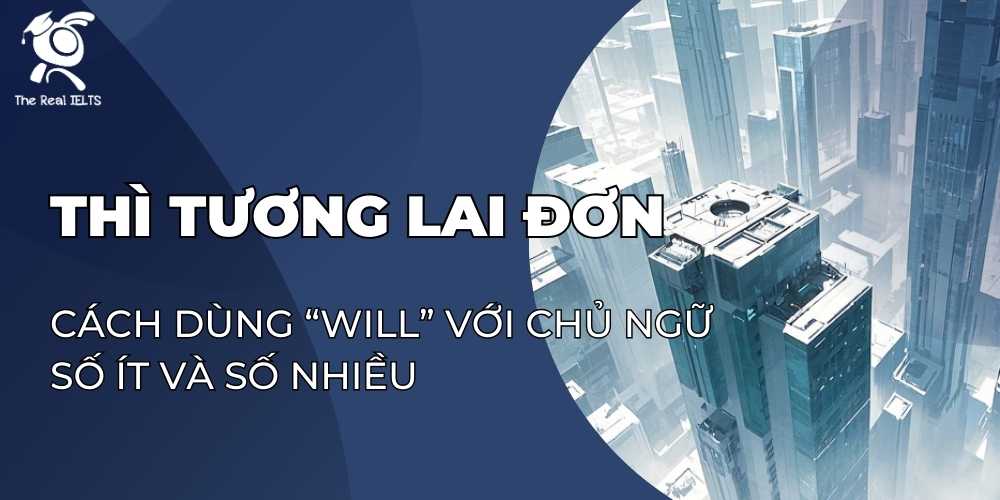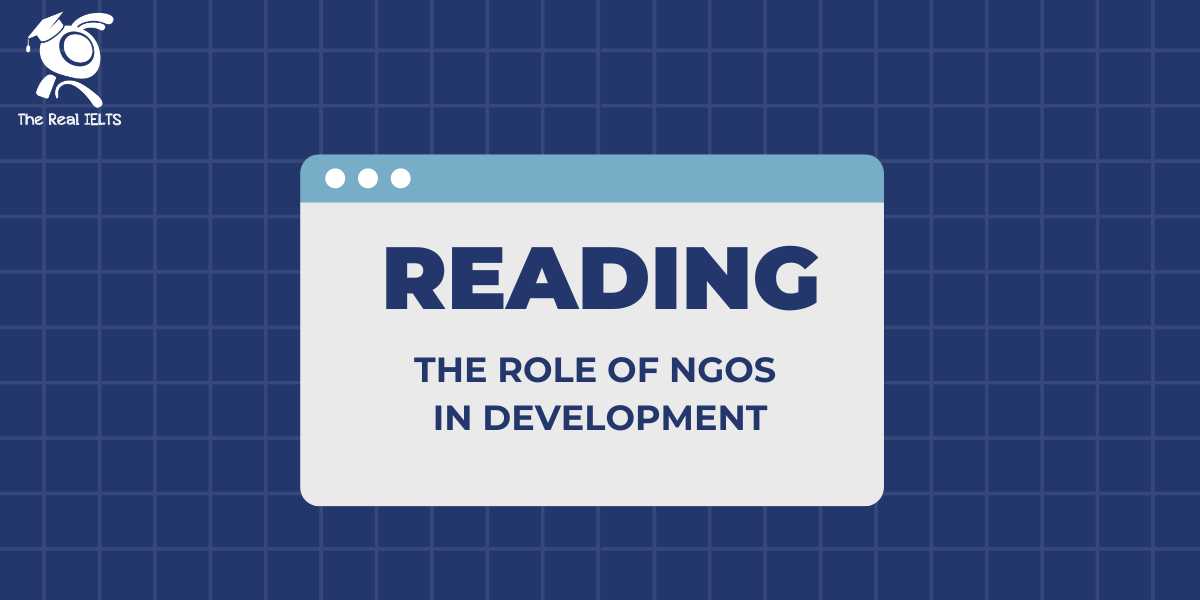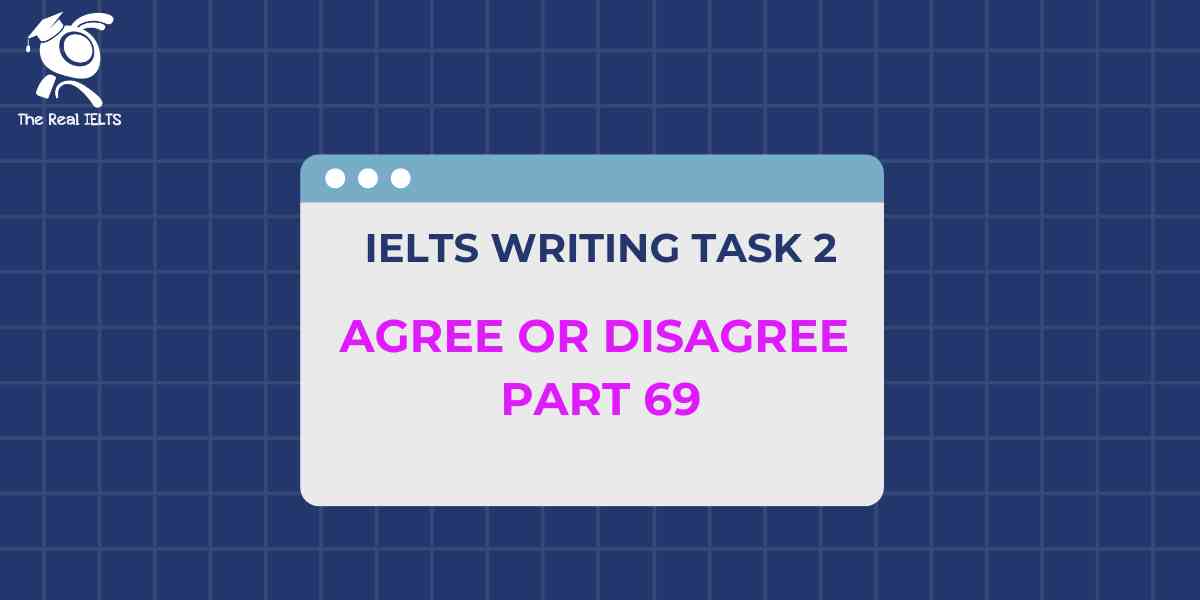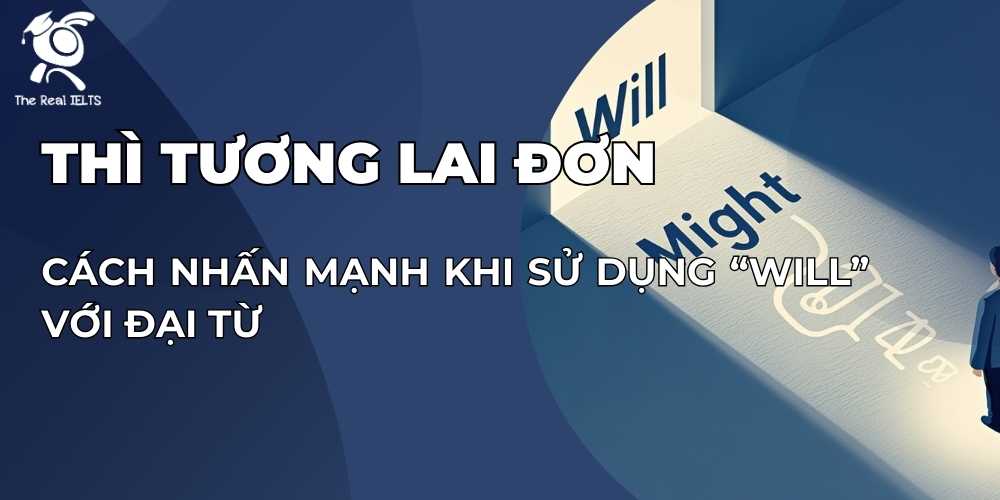Đề thi IELTS Reading có tiêu đề “The Challenges of Digital Privacy”
Nhớ đọc thêm các bài luyện thi IELTS nhé.
IELTS Reading:”The Challenges of Digital Privacy“
The Challenges of Digital Privacy
In today’s digital age, privacy has become one of the most significant challenges facing individuals and organizations. With the rapid advancement of technology, the way personal data is collected, stored, and shared has transformed dramatically. While these technological innovations bring convenience and efficiency to everyday life, they also raise serious concerns about how private information is protected and who has access to it. From social media platforms to online shopping, from government surveillance to targeted advertising, the issue of digital privacy affects nearly every aspect of modern life.
One of the central challenges to digital privacy stems from the sheer volume of data being generated and collected. Every time a user browses a website, makes a purchase online, or engages with a social media platform, they leave behind a trail of digital information. This data can include personal details such as name, address, credit card information, browsing history, and even location data. Companies and organizations collect this data to improve services, offer personalized content, and target advertisements. However, the vast amount of personal information collected increases the risk of misuse or unauthorized access, often without the user’s knowledge or explicit consent.
Data breaches have become alarmingly frequent in recent years, further exacerbating concerns over digital privacy. Major companies, including banks, retailers, and even social media giants, have fallen victim to cyberattacks that have compromised millions of users’ personal information. In many cases, the stolen data has been used for fraudulent purposes, including identity theft and financial fraud. The ease with which hackers can infiltrate supposedly secure systems raises questions about whether companies are doing enough to protect the information they collect and store.
A related issue is the role of government surveillance in digital privacy. In an increasingly interconnected world, governments have ramped up their efforts to monitor online activity in the name of national security. This surveillance often involves tracking communication, browsing habits, and even social media activity. While proponents argue that such measures are necessary to combat terrorism and criminal activity, critics argue that they infringe on individual privacy rights. The balance between national security and personal privacy is a delicate one, with many arguing that governments should be more transparent about the extent of their surveillance activities.
Another challenge is the lack of comprehensive regulation governing digital privacy. While some countries, such as the European Union with its General Data Protection Regulation (GDPR), have implemented stringent privacy laws, others lag behind. In many regions, there are few clear rules about how companies can collect, store, and use personal data. The absence of a standardized global approach to digital privacy means that users’ rights to control their data vary greatly depending on where they live. This inconsistency leaves many individuals vulnerable to exploitation by companies and governments alike.
Compounding the issue of regulation is the growing influence of tech giants. Companies like Google, Facebook, and Amazon control vast amounts of personal data, which gives them immense power over users. These companies often operate across borders, making it difficult for any one country to regulate their activities effectively. Moreover, the business models of many tech companies rely heavily on collecting and monetizing user data, particularly for targeted advertising. This creates a potential conflict of interest, as stricter privacy protections could undermine their profitability.
One area where digital privacy concerns are particularly pronounced is in the realm of social media. Social media platforms encourage users to share personal information, from photos and opinions to location data and contact lists. Many users are unaware of just how much data they are sharing and how that data can be used by third parties. In some cases, this information can be accessed by advertisers, data brokers, or even political groups, as seen in the Cambridge Analytica scandal, where millions of Facebook users’ data was harvested without their consent for political purposes.
To add to this complexity, individuals themselves often contribute to the erosion of their privacy through their online behavior. Many people willingly share personal details on public platforms, use weak passwords, and fail to understand the privacy settings on the apps and websites they use. This lack of awareness makes them more vulnerable to privacy breaches. Education and awareness are crucial in addressing this aspect of the digital privacy challenge, as individuals must take responsibility for safeguarding their personal information online.
In response to these challenges, there have been various efforts to enhance digital privacy. One solution is encryption, a technology that scrambles data to make it unreadable without a key. Many messaging apps and online services now offer end-to-end encryption to ensure that only the intended recipient can access the content. However, encryption is not foolproof, and there are ongoing debates about whether law enforcement agencies should be allowed to bypass encryption for security reasons.
Additionally, there is a growing movement towards giving users more control over their personal data. Some companies are adopting privacy-first policies, such as allowing users to opt out of data collection or offering more transparent privacy settings. Governments are also beginning to introduce legislation that holds companies accountable for how they handle personal data. For example, the California Consumer Privacy Act (CCPA) in the United States grants residents of California the right to know what personal information is being collected about them and to request that their data be deleted.
Despite these efforts, the challenges of digital privacy are far from resolved. The rapid pace of technological change means that new privacy concerns are constantly emerging. For example, the rise of artificial intelligence and machine learning technologies has introduced new risks related to data collection and usage. These technologies often require vast amounts of data to function effectively, raising concerns about how personal information is being used to train algorithms and whether individuals’ privacy is being respected.
In conclusion, digital privacy is one of the defining challenges of the modern era. As technology continues to evolve, so too do the threats to privacy. While there have been important advances in privacy protection, much work remains to be done. Governments, companies, and individuals must work together to develop comprehensive solutions that protect personal data while allowing the benefits of the digital age to be fully realized. Until then, the tension between convenience and privacy will continue to shape the digital landscape.
Đề bài thi IELTS Reading
I. Multiple Choice (10 câu hỏi)
- What is one of the main reasons digital privacy is becoming a challenge? A. The decrease in online data collection
B. The rapid development of technology
C. Lack of interest in privacy concerns
D. A decline in social media usage - Why do companies collect vast amounts of personal data? A. To improve user services and target ads
B. To avoid government regulation
C. To protect national security
D. To prevent data breaches - What is the primary risk associated with data breaches? A. Decreased online sales
B. Identity theft and financial fraud
C. Improvement in national security
D. Increased user satisfaction - How do governments justify digital surveillance? A. To ensure privacy for individuals
B. To collect marketing data for companies
C. To fight terrorism and criminal activity
D. To promote online shopping - What is a key issue with global digital privacy regulations? A. All countries follow the same rules
B. Regulations are too strict everywhere
C. There is inconsistency across countries
D. The European Union has no privacy laws - Why is encryption considered a potential solution for digital privacy? A. It helps governments monitor online activities
B. It allows advertisers to collect more data
C. It prevents unauthorized access to personal data
D. It is easily bypassed by hackers - How do tech giants impact digital privacy concerns? A. They collect vast amounts of personal data
B. They refuse to operate in multiple countries
C. They prioritize privacy over profit
D. They have limited access to personal data - What is the primary concern related to social media and privacy? A. Users frequently post misinformation
B. Users are unaware of how much data they share
C. Social media platforms are too small to manage data
D. Social media platforms are not popular - What does the Cambridge Analytica scandal demonstrate about social media privacy? A. Data can be used for political purposes without consent
B. Social media platforms refuse to collect personal data
C. Users fully control how their data is shared
D. Governments protect users’ data from breaches - What role does artificial intelligence play in digital privacy concerns? A. AI reduces the need for data collection
B. AI requires large amounts of data, increasing privacy risks
C. AI ensures complete security for online users
D. AI does not affect personal data usage
II. True/False/Not Given (10 câu hỏi)
- Data breaches occur rarely in today’s digital world.
A. True
B. False
C. Not Given - The business model of many tech companies is based on monetizing user data.
A. True
B. False
C. Not Given - Governments are fully transparent about their digital surveillance activities.
A. True
B. False
C. Not Given - All countries have adopted the General Data Protection Regulation (GDPR).
A. True
B. False
C. Not Given - Encryption is a foolproof method for ensuring digital privacy.
A. True
B. False
C. Not Given - Some social media platforms allow third-party access to user data for advertising purposes.
A. True
B. False
C. Not Given - The majority of data breaches occur in small companies rather than large corporations.
A. True
B. False
C. Not Given - National security concerns have led governments to increase surveillance of online activity.
A. True
B. False
C. Not Given - Data breaches never result in financial losses for users.
A. True
B. False
C. Not Given - The California Consumer Privacy Act (CCPA) gives users more control over their personal data.
A. True
B. False
C. Not Given
III. Yes/No/Not Given (5 câu hỏi)
- Does the author believe that governments should limit their surveillance activities?
A. Yes
B. No
C. Not Given - Does the passage state that companies generally avoid collecting data without user consent?
A. Yes
B. No
C. Not Given - Does the author suggest that encryption can solve all digital privacy issues?
A. Yes
B. No
C. Not Given - Does the passage express support for stricter global digital privacy regulations?
A. Yes
B. No
C. Not Given - Does the author think that individuals should be more responsible for their online privacy?
A. Yes
B. No
C. Not Given
IV. Matching Headings (5 câu hỏi)
Match the following headings (A-E) with the appropriate paragraphs:
A. Social Media and User Data
B. The Role of Government Surveillance
C. Challenges of Regulating Digital Privacy
D. Encryption as a Solution to Digital Privacy
E. Tech Giants and Their Influence on Privacy
- Paragraph 1
- Paragraph 3
- Paragraph 4
- Paragraph 7
- Paragraph 8
V. Sentence Completion (5 câu hỏi)
Complete the sentences below with the correct word or phrase from the passage:
- Many users are unaware of how much __________ they share on social media.
- Data breaches have led to concerns about __________ and financial fraud.
- Encryption ensures that data is unreadable without __________.
- The General Data Protection Regulation (GDPR) was implemented by the __________.
- The Cambridge Analytica scandal highlighted the use of data for __________ purposes.
VI. Matching Information (5 câu hỏi)
Match the information (A-E) to the correct paragraph numbers:
A. Data collection and its risks
B. Inconsistent regulations across countries
C. The threat of government surveillance
D. The role of tech companies in privacy issues
E. The rise of artificial intelligence and privacy risks
- Paragraph 2
- Paragraph 6
- Paragraph 5
- Paragraph 9
- Paragraph 10
Đáp án bài thi IELTS Reading
I. Multiple Choice (10 câu hỏi)
- B. The rapid development of technology
- A. To improve user services and target ads
- B. Identity theft and financial fraud
- C. To fight terrorism and criminal activity
- C. There is inconsistency across countries
- C. It prevents unauthorized access to personal data
- A. They collect vast amounts of personal data
- B. Users are unaware of how much data they share
- A. Data can be used for political purposes without consent
- B. AI requires large amounts of data, increasing privacy risks
II. True/False/Not Given (10 câu hỏi)
- False
- True
- False
- False
- False
- True
- Not Given
- True
- False
- True
III. Yes/No/Not Given (5 câu hỏi)
- Yes
- No
- No
- Yes
- Yes
IV. Matching Headings (5 câu hỏi)
- C. Challenges of Regulating Digital Privacy
- D. Encryption as a Solution to Digital Privacy
- B. The Role of Government Surveillance
- A. Social Media and User Data
- E. Tech Giants and Their Influence on Privacy
V. Sentence Completion (5 câu hỏi)
- personal data they share on social media
- concerns about identity theft and financial fraud
- unreadable without a decryption key
- implemented by the European Union
- data for political purposes
VI. Matching Information (5 câu hỏi)
- A. Data collection and its risks
- C. The threat of government surveillance
- B. Inconsistent regulations across countries
- D. The role of tech companies in privacy issues
- E. The rise of artificial intelligence and privacy risks
Luyện tập bài khác ở bài viết:”100 bài luyện IELTS Reading 2024 – 2025“



